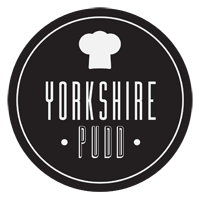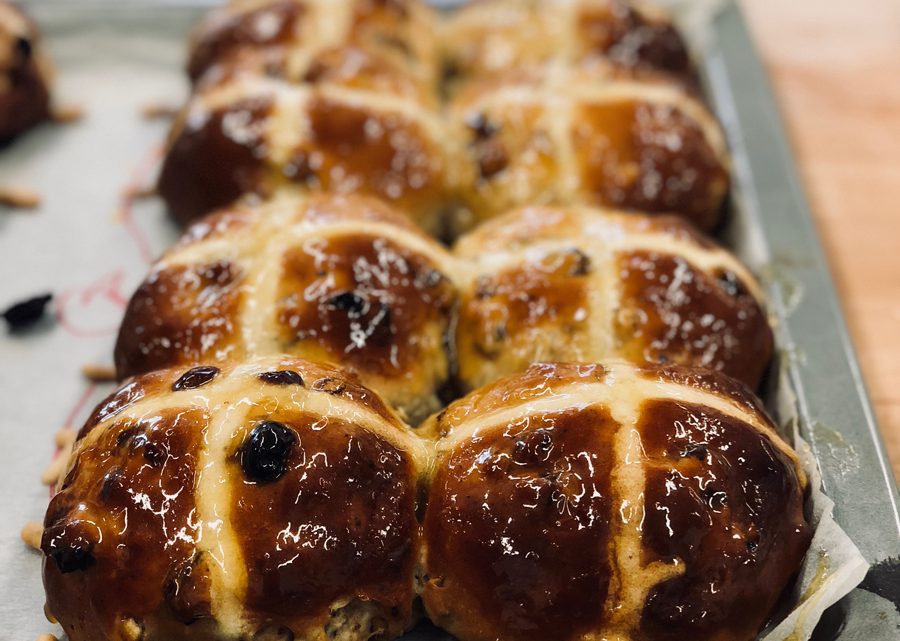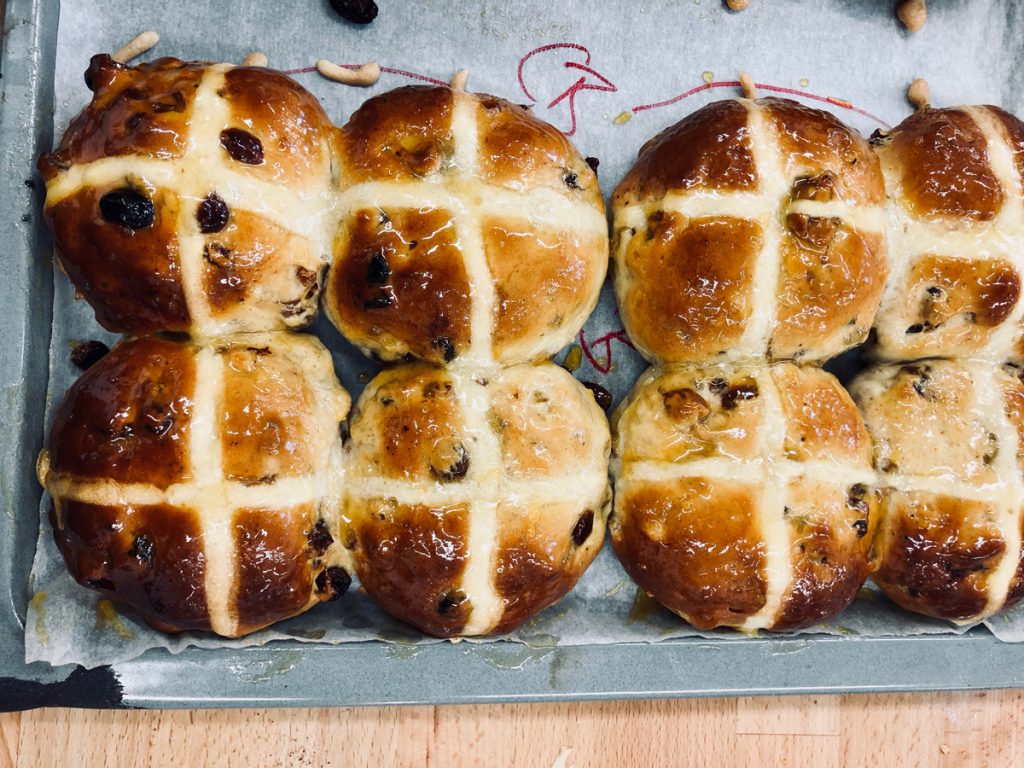a kind of rustic feel to it, it’s kinda tranquil and soothing, but I can’t explain why
Could you live without bread? It’s a topic of conversation on BBC 5 Live that I’m listening to whilst I make the journey from Yorkshire to Nottinghamshire, the conversation is a result of an article in The Independent that claims sliced bread (the mass produced version) may contribute to cancer, that’s another one of life’s pleasures to add to the list.
I’ve long been a bread baker, albeit on an irregular basis, and so the radio discussion in which there is a suggestion that baking your own bread is the way forward is certainly making me think that I should be disciplined to making my own on a regular basis!
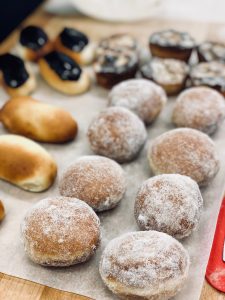 Luckily the journey I’m making, whilst increasing my intellectual capabilities through five live topical conversations, is to The School of Artisan Food, set upon the rather vast but impressive Welbeck estate.
Luckily the journey I’m making, whilst increasing my intellectual capabilities through five live topical conversations, is to The School of Artisan Food, set upon the rather vast but impressive Welbeck estate.
My journey there is to participate in one of their array of short courses aimed at novice bakers just like me, Sticky Buns and Fruit Breads is the topic, a course I choose simply to increase the repertoire of bread types I can produce.
The School of Artisan Food has a kind of rustic feel to it, it’s kinda tranquil and soothing, but I can’t explain why, maybe it’s the natural feel of the School which is set on an estate, that vast, that it’s easy to get lost.
Be warned that when you do get lost, and you will, that there ain’t nobody about as far as the eye can see, your some distance from any main road and surrounded by the trees that mark the beginning of a forest known as Sherwood, you may have heard of it?
The holding area for delegates taking the bread plunge continues the natural feel about the place, artisan breads and fresh, locally sourced, coffee permeates the air and with the acceptance of a cloth bag that contains all my instructions for the day I hope by now your getting a sense of this place.
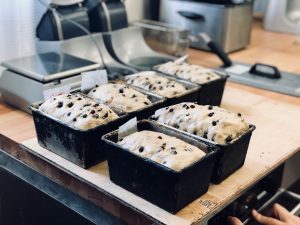 Wayne is the tutor for the day, a master baker of a zillion years who whilst knowledgeable is also incredibly engaging, introductions amongst the group reveal a mixture of home bakers like myself as well as a people looking to profit from baking – potential business owners, gives the sence of the reputation the The School of Artisan Food has.
Wayne is the tutor for the day, a master baker of a zillion years who whilst knowledgeable is also incredibly engaging, introductions amongst the group reveal a mixture of home bakers like myself as well as a people looking to profit from baking – potential business owners, gives the sence of the reputation the The School of Artisan Food has.
Six breads is our mission today, Chelsea and Pecan Buns, Doughnuts, iced finger bung, hot cross buns and Lincolnshire plumb bread.
Whilst this may seem a lot in a day it’s actually only 1 dough mix split into several batches, of course with Easter almost upon us it’s the Hot Cross Bun recipe that really grabs my attention & if you don’t mind me saying so it’s also the one that I achieve the best results in, they look divine, mark my words they tasted pretty awesome too, so here’s the recipe, enjoy and make sure you book onto one of the school’s amazing courses:
Hot Cross Buns
Ingredients
- 280g Bread Flour
- 6g Salt
- 170ml Milk
- 14g Instant Dried Yeast
- 34g Egg Yolk
- 22g Honey
- 50g Unsalted Butter
- 22g Sugar
- 50g Toasted walnut
- 50g Candied peel
- 100g Sultanas
- 100g Raisins
Crossing Paste Ingrediants
- 100g Bread flour
- 1g Salt
- 110g Water
- 20g Veg oil
Method
- Combine the flour and salt with the milk, egg yolk honey & yeast
- Mix in a stand mixer for 10 minutes on slowest speed
- Add the unsalted butter and sugar and mix until the dough looks soft and silky
- Remove mixed dough and place it into a small bowl, cover with clingfilm and allow to ferment in the refrigerator for 1-2 hours.
- Mix the remaining fruit and nut mix evenly into the dough
- Allow the fruited hot cross bun dough to ferment at ambient room temperature for 1-2 hours.
- Make the crossing paste by sieving the flour and salt and combine in a bowl. Next add water and oil and whisk until smooth.Place into polythene piping bag and use when required.
- Cut the dough into 90g pieces and round into dough balls
- Evenly place onto a baking tray lined with baking paper.
- Allow to prove at ambient room temperature for 1-2 hours.
- When fully proved pipe on the crossing paste
- Bake in a pre-heated oven for 14-16 minutes at 220°c
- Immediately brush with warmed apricot jam
